Fair Observer Communications and Outreach Officer Roberta Campani spoke with Giorgio Musso about Sudan’s ongoing crisis and what it means for the region. Musso, a researcher and lecturer at the University of Roma Tre, explains how the conflict grew out of long-standing political and military rivalries, the impact on civilians and the challenges of bringing stability to the country.
Giorgio Musso lays out Sudan’s situation in clear terms. The country, one of Africa’s largest, has endured decades of conflict, shifting power struggles and outside interference. Colonial rule shaped its early history and the fight for independence led to long, brutal wars. Oil and gold made Sudan an economic prize, drawing the attention of foreign powers. Ethnic divisions and regional disputes fueled internal conflicts, with Darfur becoming a flashpoint for violence.
The split from South Sudan in 2011 changed the country’s trajectory but left unresolved issues. South Sudan took most of the oil fields, while Sudan kept the pipelines and export infrastructure. Border tensions flared and armed groups seized opportunities to expand their control. In Khartoum, military factions maneuvered for power. Foreign governments engaged in diplomacy but often prioritized their own interests over stability.
The current war began in April 2023 as a battle between two military leaders. General Abdel Fattah al-Burhan heads the Sudanese Armed Forces (SAF). General Mohamed Hamdan Dagalo, known as Hemedti, commands the Rapid Support Forces (RSF), a powerful paramilitary group. They were once allies, but disagreements over military integration and control of resources led to open fighting. Gunfire and shelling tore through Khartoum. Violence spread across the country, hitting Darfur especially hard.
Millions of civilians were caught in the middle. Cities were reduced to battlegrounds. Hospitals ran out of supplies. Food, water and medicine became scarce. Aid workers struggled to reach those in need. More than five million people were displaced and over twelve million faced hunger. Regional governments scrambled to deal with a growing refugee crisis. Ceasefire attempts repeatedly collapsed as both factions fought for control of key territory. Tribal groups joined the conflict, deepening the chaos.
The war also drew in outside forces. Russia’s Wagner Group maintained ties to Sudan’s gold trade. Gulf states had economic interests at stake. China, the US and other powers watched closely, each calculating its next move. Meanwhile, Sudan’s civilian movements, which once pushed for democracy, were sidelined. Activists called for an end to military rule, but both generals ignored them. Some local councils tried to fill the governance vacuum, but lawlessness spread.
International organizations stepped in with mediation efforts. The African Union and IGAD held peace talks, but neither Burhan nor Hemedti showed real willingness to compromise. Humanitarian groups raised alarms over atrocities, particularly in Darfur, where ethnic violence had resurfaced. The US labeled RSF actions in the region as genocide. Despite widespread condemnation, the fighting continued.
Musso argues that Sudan’s path forward depends on real negotiations and civilian leadership. Previous peace agreements ended past wars, but only when power-sharing and resource control were addressed. Sudan needs a government that represents its people, not just military factions. Regional organizations can help facilitate talks. International actors must support stability rather than back rival factions. Most importantly, Sudan’s civilians need a voice in shaping their future. Without that, the cycle of war will continue.
The views expressed in this article/video are the author’s own and do not necessarily reflect Fair Observer’s editorial policy.





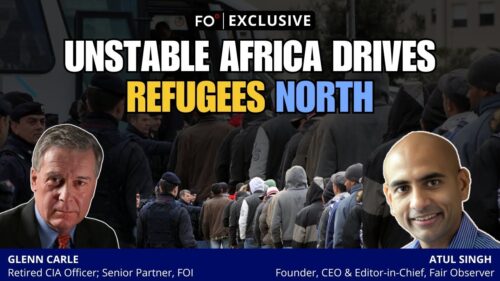
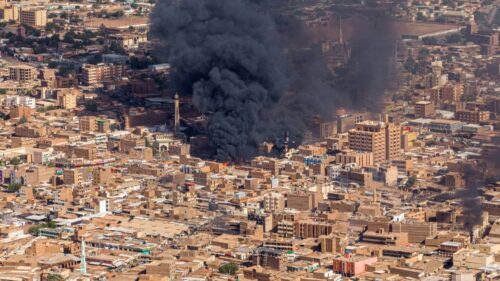

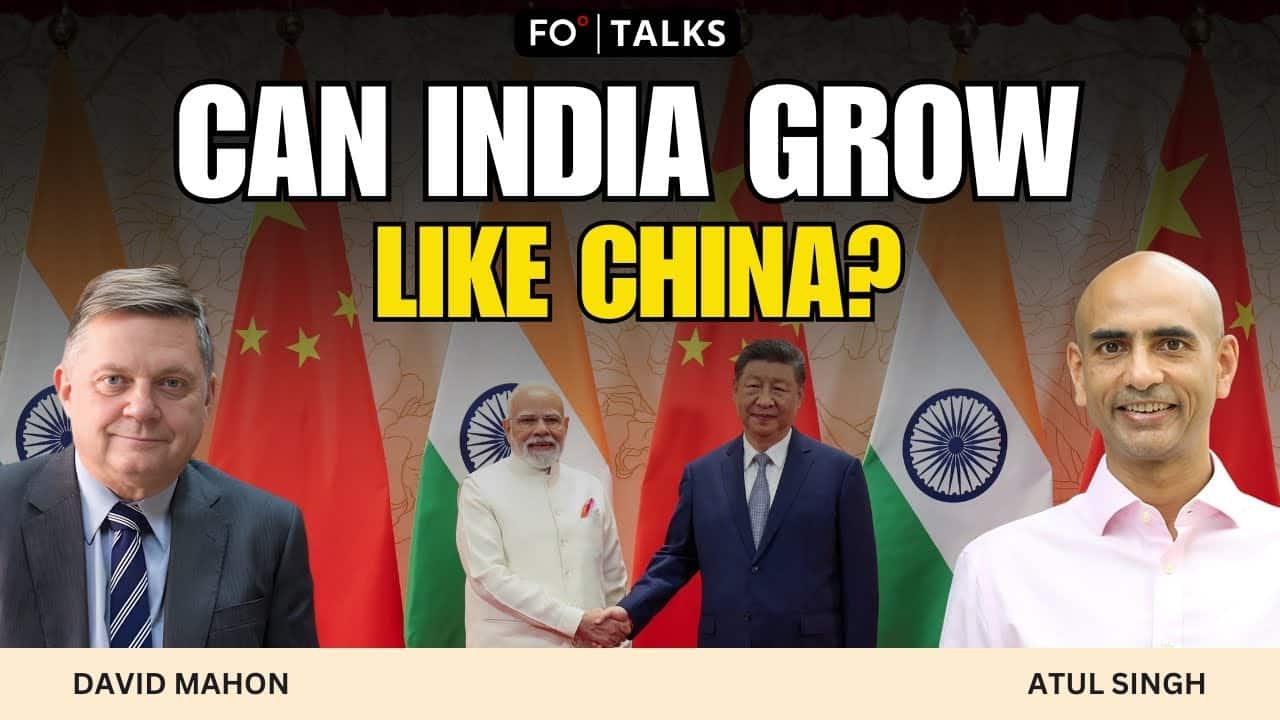

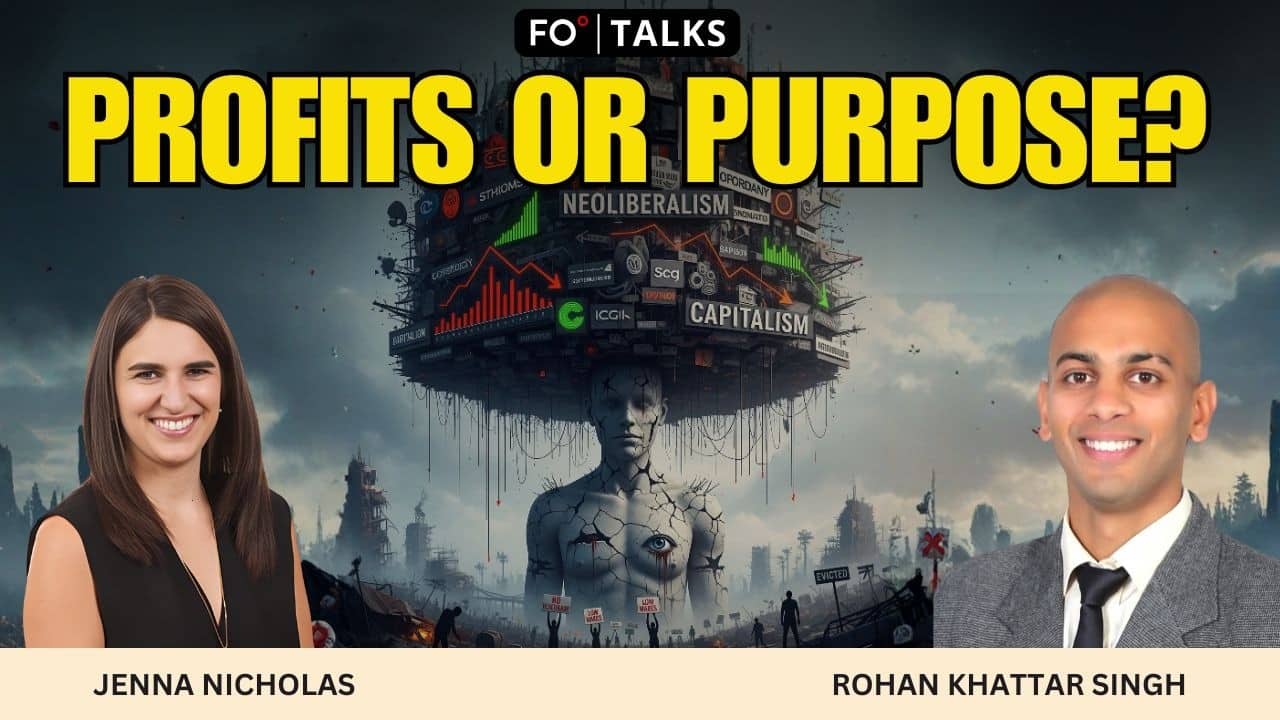





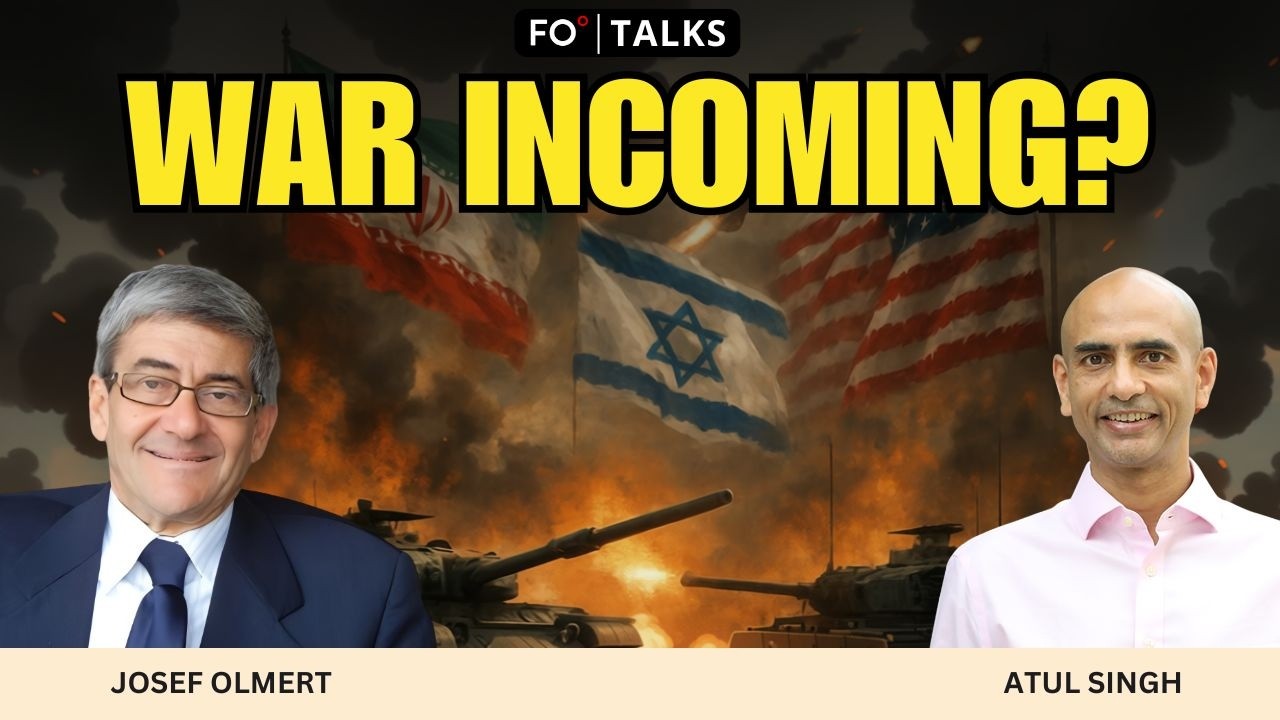



























Comment